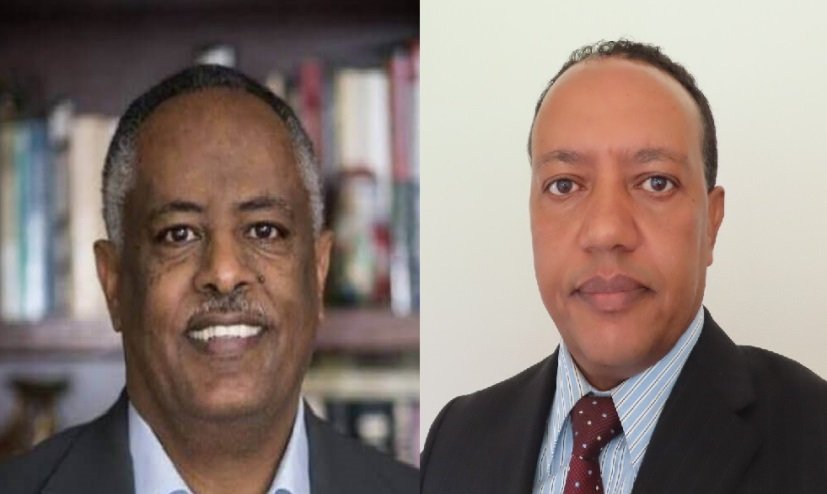Yonas Biru and Abu Girma, distinguished economists known for their expertise in Ethiopian economic affairs, shed light on the dire situation facing the nation’s economy. The Ethiopian Working Paper Series published by the UNDP highlighted concerns such as a drastic drop in external financing, specifically Official Development Assistance, and the disappearance of fiscal space. This underscores the critical need for financial stability and support for sustainable economic growth efforts.
Professor Steve H. Hanke from John Hopkins University emphasized the detrimental impact of political instability and conflict on businesses, leading to disruption in supply chains and economic performance. The warnings from organizations like First Consult and the United Nations about the heightened risk of genocide in Ethiopia further accentuate the urgency for intervention and preventive measures.
Amidst escalating conflicts in various regions of Ethiopia, including the devastating war between the federal government and Tigrayan rebel forces, the country faces unprecedented challenges. The ceasefire in Tigray has not deterred outbreaks of violence in Oromo and Amhara regions, posing a serious threat to the nation’s stability and food security. As the situation teeters on the edge of potential genocide, global attention and action are imperative to prevent further atrocities.
US travel advisories highlighting the growing violence and conflicts in Ethiopia, coupled with reports from UNICEF showing declining investments in key sectors like agriculture, health, and education, underscore the imminent risk of economic collapse and humanitarian crisis. The historical references to genocide prevention efforts by organizations like The Lemkin Institute further emphasize the gravity of the situation.
Yonas Biru and Abu Girma’s comprehensive analysis delves into the various facets of Ethiopia’s economic woes, dissecting key macroeconomic indicators and shedding light on the inconsistencies in government-reported data. The under-the-hood examination reveals significant discrepancies in GDP growth rates and challenges in critical sectors like agriculture, industry, government expenditure, services, and small and medium enterprises.
The juxtaposition of optimistic economic outlooks from institutions like the World Bank and IMF against pessimistic scenarios from UN agencies like UNDP and UNICEF raises concerns about the credibility of official economic data. The authors call for greater transparency, accountability, and independent assessment of the nation’s economic reality to avert a looming crisis.
Furthermore, the role of international financial institutions in legitimizing questionable data and facilitating government actions, such as arms procurement for conflict, raises ethical and moral dilemmas. Drawing parallels to past instances where financial support inadvertently fueled conflicts, the authors urge global powers to intervene decisively to prevent a full-scale economic collapse and humanitarian catastrophe in Ethiopia.
In conclusion, urgent and coordinated efforts are needed to address the deepening economic crisis in Ethiopia and mitigate the risk of genocide. The international community must take proactive measures, including economic sanctions, arms embargoes, and legal actions to hold accountable those responsible for human rights violations and war crimes. Time is of the essence to prevent further escalation of the crisis and secure a sustainable future for Ethiopia.
